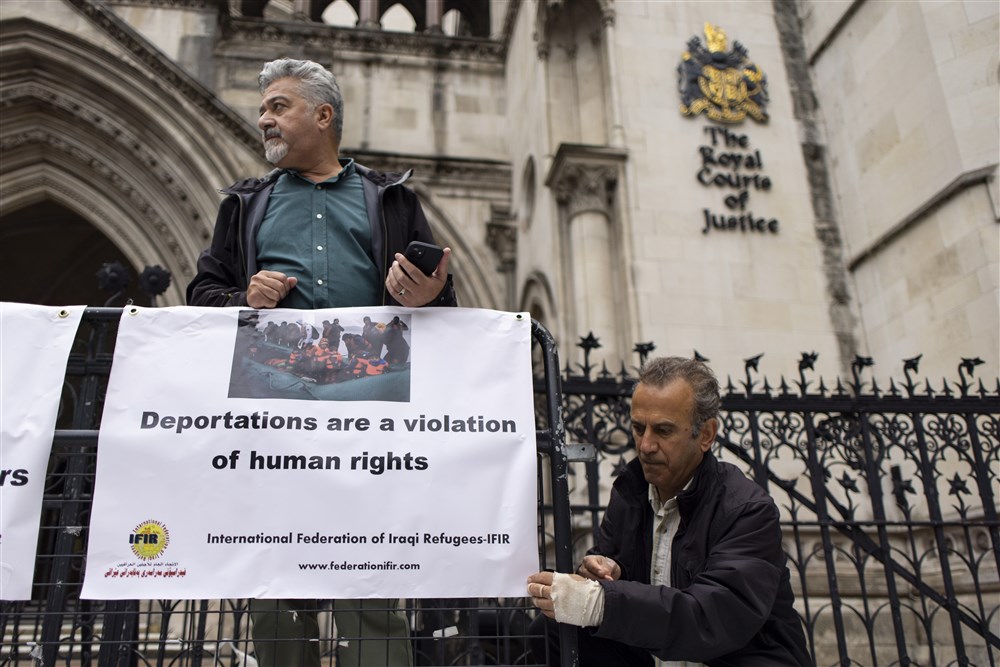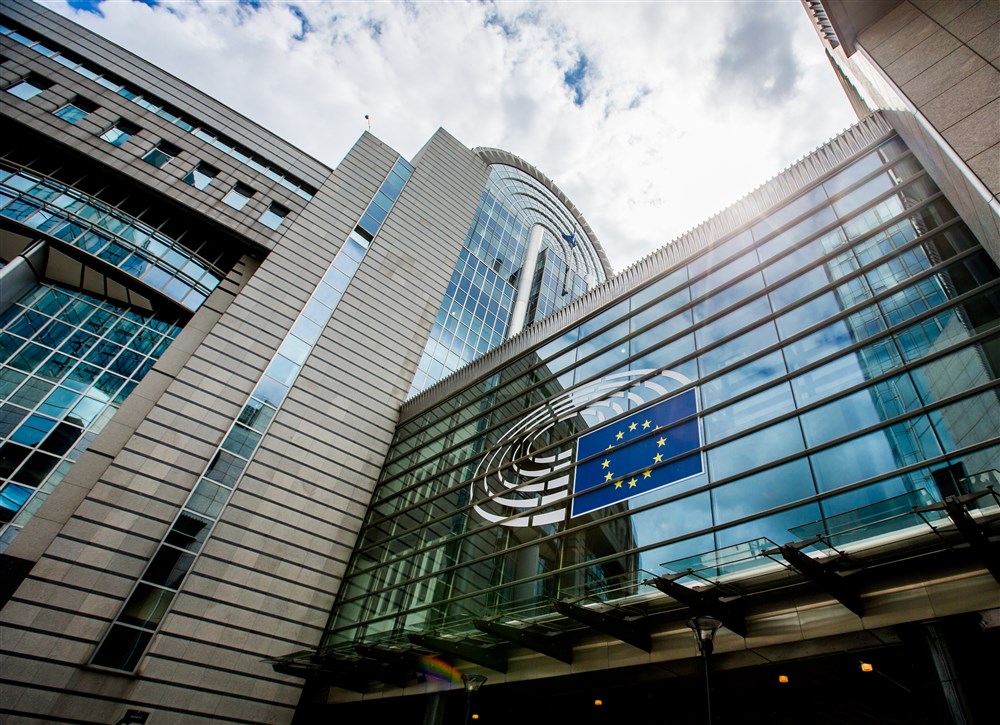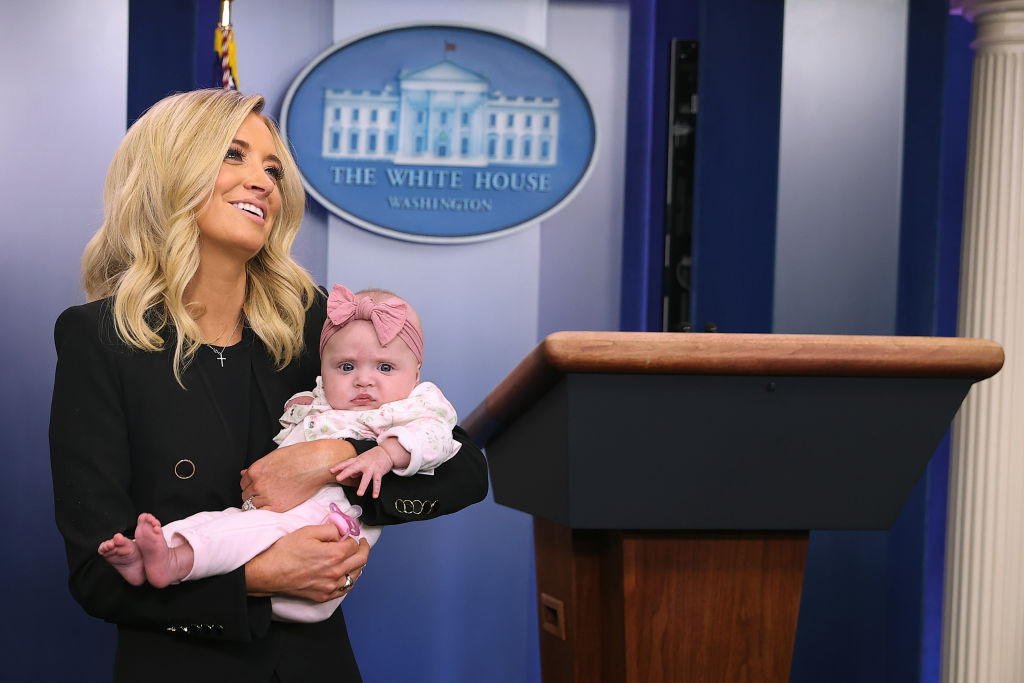Global internet retailer Amazon has filed a legal challenge with the European Court of Justice (ECJ) against a European Commission decision to designate it as a Very Large Online Platform (VLOP) under the Digital Services Act (DSA).
The US company claims the designation is based on discriminatory criteria and disproportionally violates the principle of equal treatment and its fundamental rights.
Amazon wants an ECJ annulment of the EC decision or, alternatively, a change in its designation under the law. It also wants the ECJ to order the EC to bear the costs of the proceedings.
An Amazon spokesperson told Brussels Signal: “The DSA was designed to address systemic risks posed by very large companies with advertising as their primary revenue and that distribute speech and information.
“We agree with the EC’s objective and are committed to protecting customers from illegal products and content but Amazon doesn’t fit this description of a ‘Very Large Online Platform’ (VLOP) under the DSA and therefore should not be designated as such.
“The vast majority of our revenue comes from our retail business, we are not the largest retailer in any of the EU countries where we operate, and none of these largest retailers in each European country has been designated as a VLOP,” the spokesman continued.
“If the VLOP designation were to be applied to Amazon and not to other large retailers across the EU, Amazon would be unfairly singled out and forced to meet onerous administrative obligations that don’t benefit EU consumers,” he said.
The move marks the latest “Big Tech” company to resort to the ECJ after German online retailer Zalando sued the EC, also in an attempt to overturn its designation. Zalando, an online seller of shoes and fashion, also said it is a retailer, not a marketplace.
The European Union has listed more than a dozen sites as VLOPs. As a consequence, those firms now have to comply with the strictest level of DSA rules. As part of that, the platforms, which all have more than 45 million users, are required to fight “illegal content”.
That would be an unfair burden on Amazon, it claims, as it would mean bigger competitors could keep working as before while its wings were clipped in the EU. The American multinational insists it does not disseminate any content that the DSA VLOP obligations are intended to address.
The company also points out it has invested more than €1 billion and employs more than 15,000 people dedicated to protecting customers, brands, selling partners and stores from counterfeit, fraud and other forms of abuse.
Being designated a VLOP comes with additional responsibilities designed to evaluate and reduce systemic risks associated with the use of algorithms and Artificial Intelligence. Such platforms must be proactive in identifying and disclosing any problems with the operation of technologies such as content ranking tools and so-called recommender systems.
The EU intends to establish enforceable measures for what it calls “algorithmic transparency” to promote online firms’ accountability.
The DSA also places restrictions on so-called micro-targeted advertising, including a ban on the use of children’s data or the processing of sensitive data for advertising targeting.
The EU rules are highly complex and have already triggered US billionaire Elon Musk’s Twitter to stop cooperating with the bloc, citing dangers to freedom of speech.





